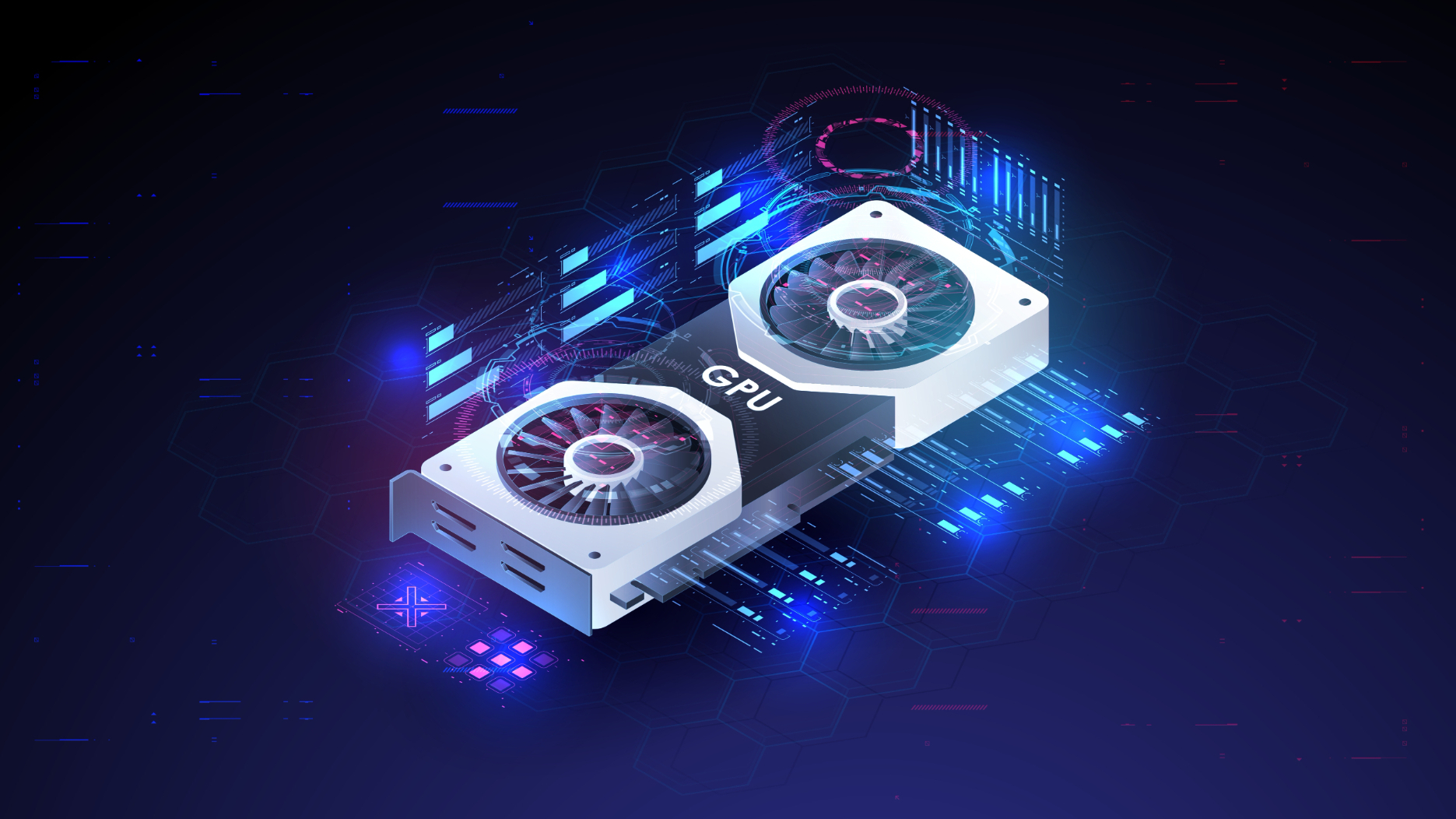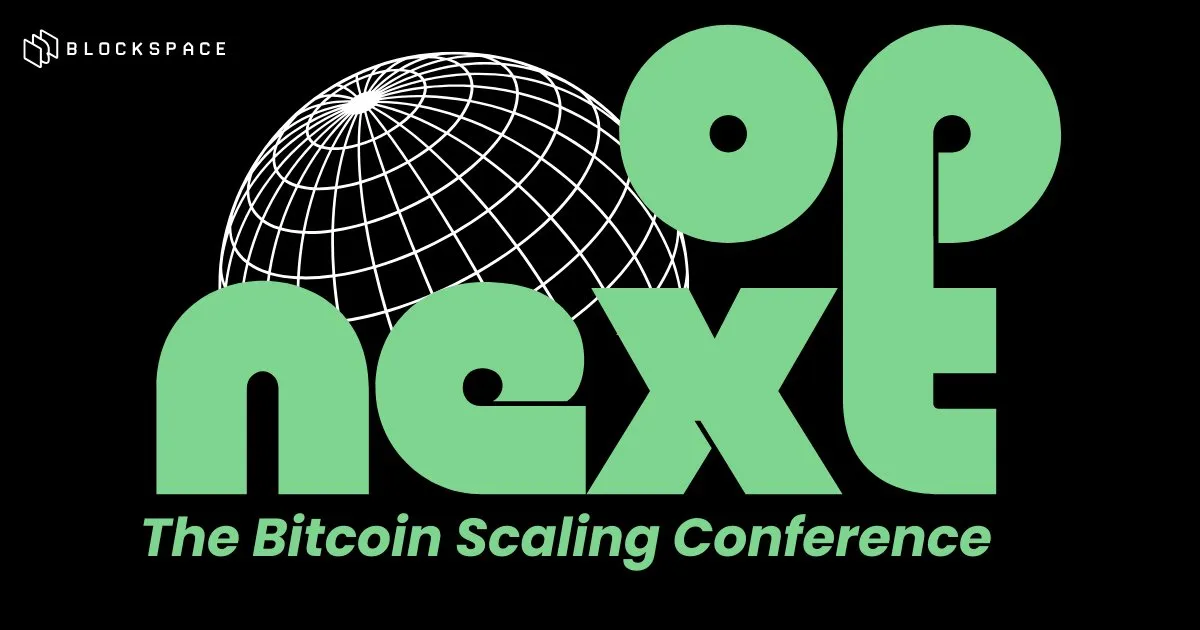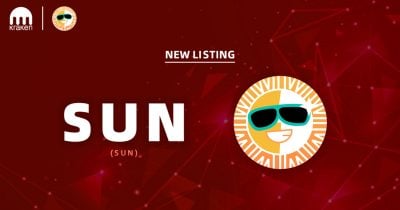Why Kubernetes in 2025? The Evolution of Cloud Native Orchestration
In 2025, Kubernetes has evolved far beyond its original container orchestration roots to become a comprehensive cloud-native platform. Let's dive deep into why Kubernetes remains the de facto standard for modern infrastructure management and what new capabilities make it indispensable. 1. AI/ML Workload Orchestration Kubernetes has become the primary platform for AI/ML workload orchestration through several key advancements: apiVersion: scheduling.k8s.io/v1 kind: GPUPolicy metadata: name: ai-workload spec: resourceAllocation: mode: "dynamic" minGPUs: 2 maxGPUs: 8 powerManagement: autoScale: true sustainabilityTarget: "efficient" Native GPU sharing and fractional allocation Dynamic resource scaling based on model inference demands Built-in distributed training coordination Automated model serving with version control 2. WebAssembly Integration The integration of WebAssembly brings near-native performance with enhanced security: apiVersion: v1 kind: Pod metadata: name: wasm-workload spec: runtimeClass: name: wasmtime-v2 containers: - name: wasm-app image: registry.example.com/wasm-app:v1 wasmFeatures: - shared-memory - simd Benefits include: Reduced container startup time (microseconds vs seconds) Smaller deployment footprints Enhanced isolation boundaries Cross-platform compatibility 3. Advanced Service Mesh Capabilities Modern service mesh implementations provide: apiVersion: networking.k8s.io/v1 kind: ServiceMeshPolicy metadata: name: mesh-config spec: protocol: - QUIC - HTTP/3 security: mTLS: required certificateRotation: 24h observability: tracing: opentelemetry metrics: prometheus HTTP/3 and QUIC protocol support Automated certificate management Advanced traffic shaping Real-time performance optimization 4. Sustainability Features Kubernetes now includes built-in sustainability metrics: apiVersion: metrics.k8s.io/v1 kind: ResourceEfficiency metadata: name: sustainability-metrics spec: measurements: - carbonFootprint - powerConsumption - resourceUtilization targets: carbonFootprint: "50g/hour" powerEfficiency: "90%" Key features: Carbon footprint tracking Power consumption optimization Resource efficiency metrics Green scheduling algorithms 5. Enhanced Security Controls Security has evolved with: apiVersion: security.k8s.io/v1 kind: SecurityPolicy metadata: name: enhanced-security spec: runtime: seccompProfile: "restricted" seLinuxOptions: "enforcing" network: encryption: "always" firewallRules: - allowedPorts: [80, 443] - allowedProtocols: ["TCP"] Zero-trust networking by default Automated vulnerability scanning Real-time threat detection Supply chain security Cloud Native Development Tooling Development experience improvements include: apiVersion: dev.k8s.io/v1 kind: DevEnvironment metadata: name: dev-setup spec: ide: type: vscode extensions: - kubernetes-tools - debugger environmentSync: mode: "real-time" excludePaths: ["node_modules", "*.log"] Integrated development environments Hot reload capabilities Debug-in-production features GitOps workflow automation Read the complete blog
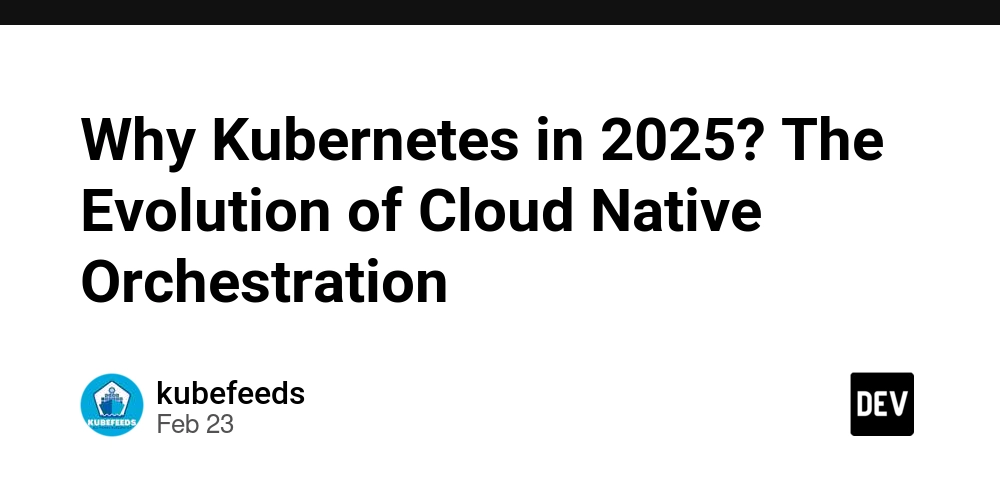
In 2025, Kubernetes has evolved far beyond its original container orchestration roots to become a comprehensive cloud-native platform. Let's dive deep into why Kubernetes remains the de facto standard for modern infrastructure management and what new capabilities make it indispensable.
1. AI/ML Workload Orchestration
Kubernetes has become the primary platform for AI/ML workload orchestration through several key advancements:
apiVersion: scheduling.k8s.io/v1
kind: GPUPolicy
metadata:
name: ai-workload
spec:
resourceAllocation:
mode: "dynamic"
minGPUs: 2
maxGPUs: 8
powerManagement:
autoScale: true
sustainabilityTarget: "efficient"
- Native GPU sharing and fractional allocation
- Dynamic resource scaling based on model inference demands
- Built-in distributed training coordination
- Automated model serving with version control
2. WebAssembly Integration
The integration of WebAssembly brings near-native performance with enhanced security:
apiVersion: v1
kind: Pod
metadata:
name: wasm-workload
spec:
runtimeClass:
name: wasmtime-v2
containers:
- name: wasm-app
image: registry.example.com/wasm-app:v1
wasmFeatures:
- shared-memory
- simd
Benefits include:
- Reduced container startup time (microseconds vs seconds)
- Smaller deployment footprints
- Enhanced isolation boundaries
- Cross-platform compatibility
3. Advanced Service Mesh Capabilities
Modern service mesh implementations provide:
apiVersion: networking.k8s.io/v1
kind: ServiceMeshPolicy
metadata:
name: mesh-config
spec:
protocol:
- QUIC
- HTTP/3
security:
mTLS: required
certificateRotation: 24h
observability:
tracing: opentelemetry
metrics: prometheus
- HTTP/3 and QUIC protocol support
- Automated certificate management
- Advanced traffic shaping
- Real-time performance optimization
4. Sustainability Features
Kubernetes now includes built-in sustainability metrics:
apiVersion: metrics.k8s.io/v1
kind: ResourceEfficiency
metadata:
name: sustainability-metrics
spec:
measurements:
- carbonFootprint
- powerConsumption
- resourceUtilization
targets:
carbonFootprint: "50g/hour"
powerEfficiency: "90%"
Key features:
- Carbon footprint tracking
- Power consumption optimization
- Resource efficiency metrics
Green scheduling algorithms
5. Enhanced Security Controls
Security has evolved with:
apiVersion: security.k8s.io/v1
kind: SecurityPolicy
metadata:
name: enhanced-security
spec:
runtime:
seccompProfile: "restricted"
seLinuxOptions: "enforcing"
network:
encryption: "always"
firewallRules:
- allowedPorts: [80, 443]
- allowedProtocols: ["TCP"]
- Zero-trust networking by default
- Automated vulnerability scanning
- Real-time threat detection
- Supply chain security
- Cloud Native Development Tooling
Development experience improvements include:
apiVersion: dev.k8s.io/v1
kind: DevEnvironment
metadata:
name: dev-setup
spec:
ide:
type: vscode
extensions:
- kubernetes-tools
- debugger
environmentSync:
mode: "real-time"
excludePaths: ["node_modules", "*.log"]
- Integrated development environments
- Hot reload capabilities
- Debug-in-production features
- GitOps workflow automation

























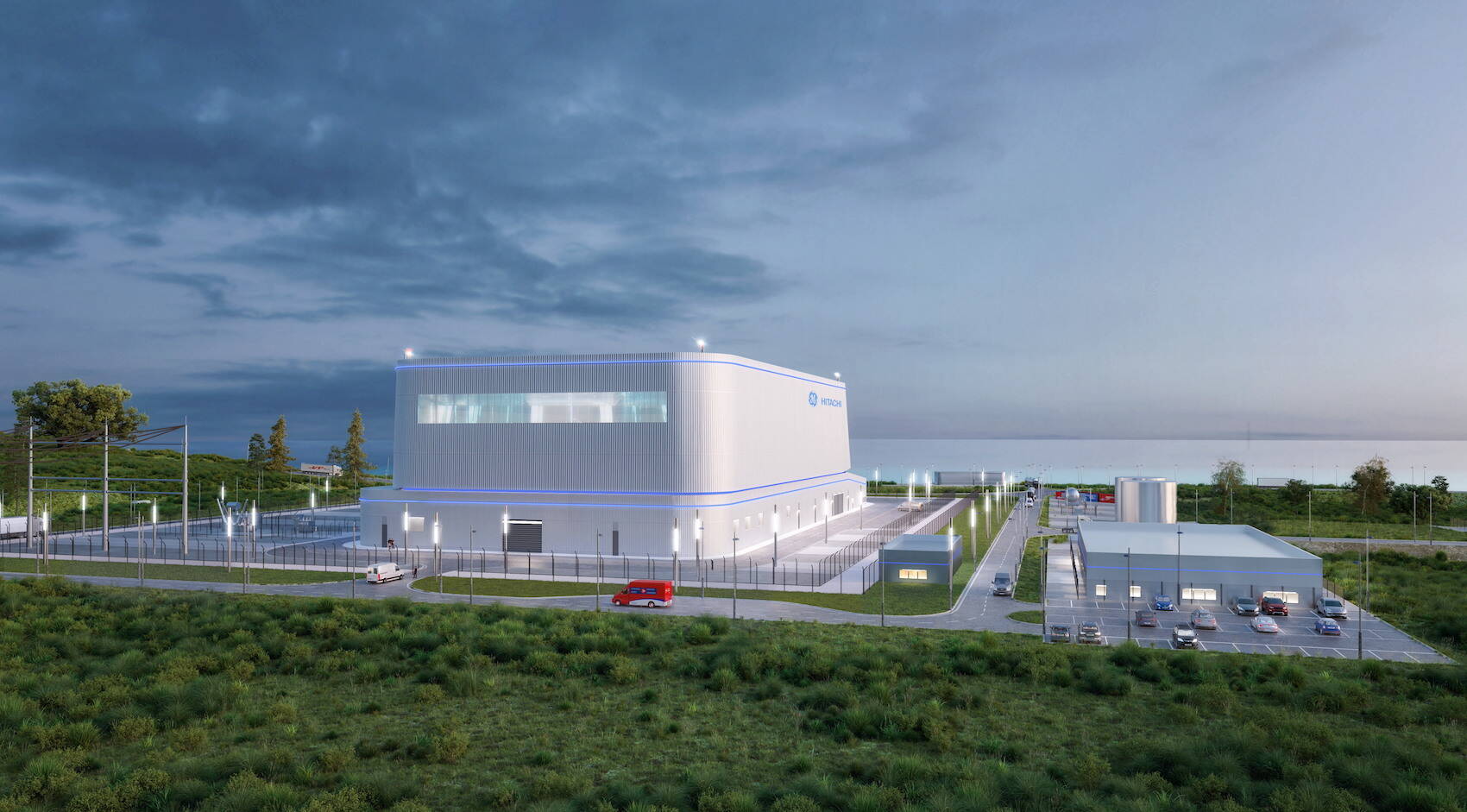














































































































































![[The AI Show Episode 143]: ChatGPT Revenue Surge, New AGI Timelines, Amazon’s AI Agent, Claude for Education, Model Context Protocol & LLMs Pass the Turing Test](https://www.marketingaiinstitute.com/hubfs/ep%20143%20cover.png)


















































































































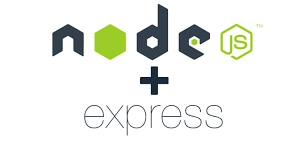
















![From drop-out to software architect with Jason Lengstorf [Podcast #167]](https://cdn.hashnode.com/res/hashnode/image/upload/v1743796461357/f3d19cd7-e6f5-4d7c-8bfc-eb974bc8da68.png?#)
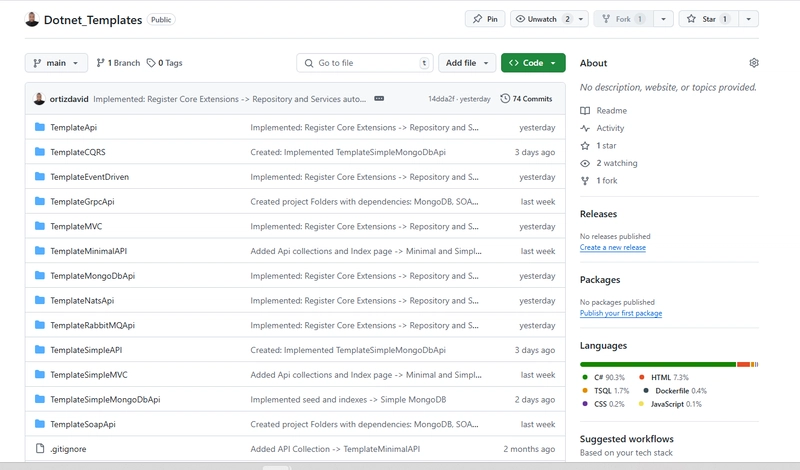














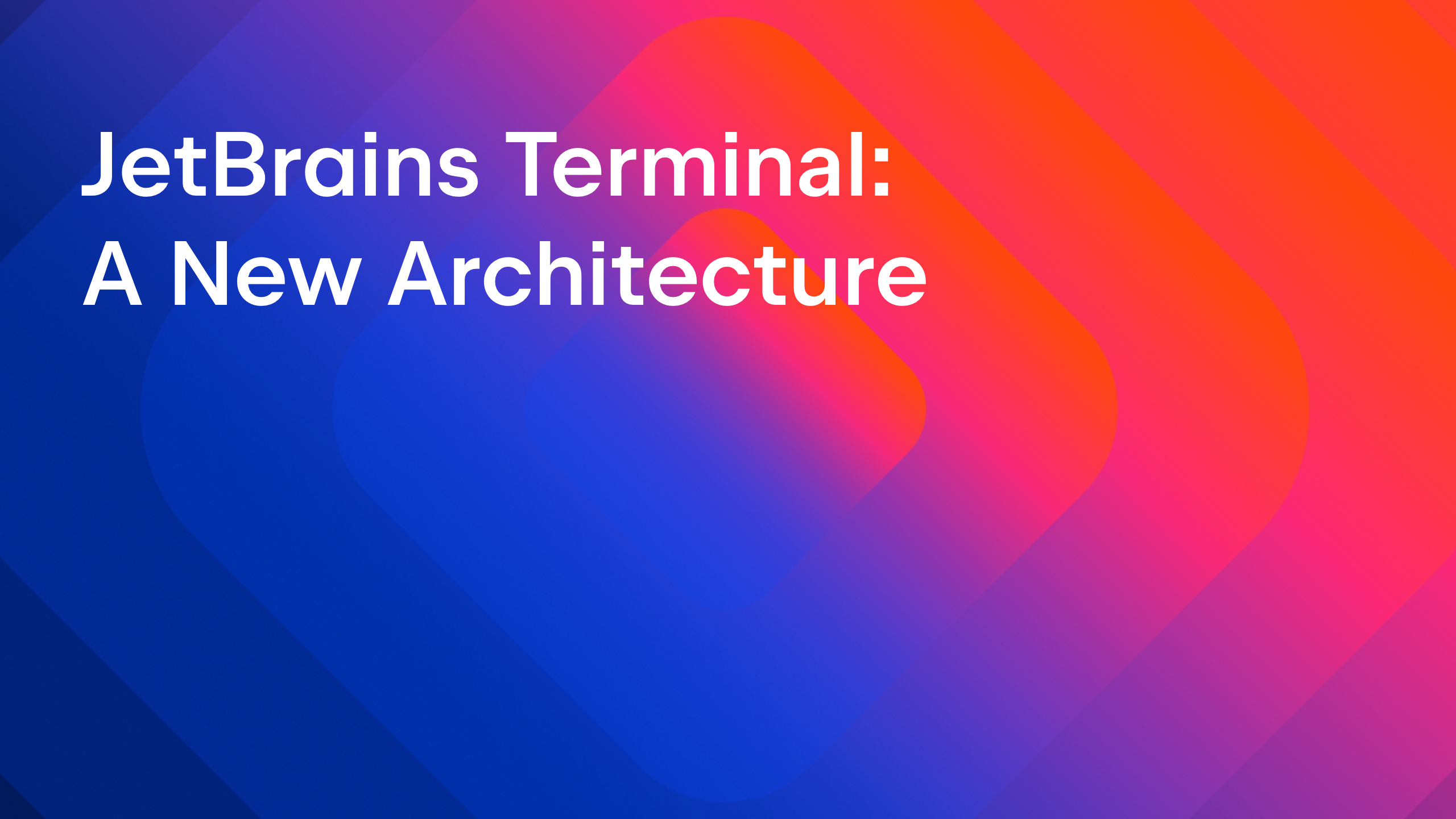


























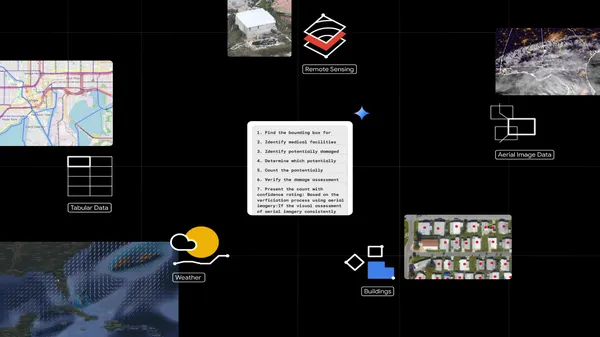































































.jpg?#)




























_ArtemisDiana_Alamy.jpg?#)












































































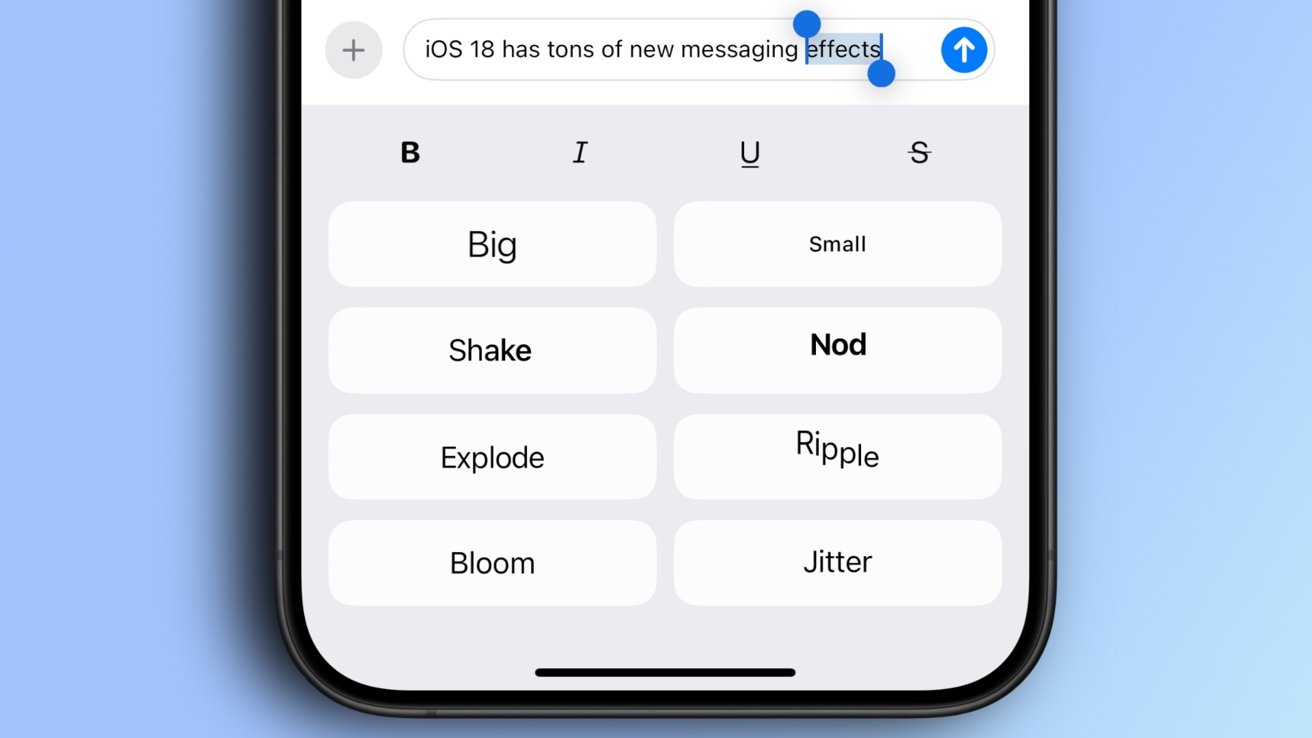
-xl.jpg)












![Yes, the Gemini icon is now bigger and brighter on Android [U]](https://i0.wp.com/9to5google.com/wp-content/uploads/sites/4/2025/02/Gemini-on-Galaxy-S25.jpg?resize=1200%2C628&quality=82&strip=all&ssl=1)








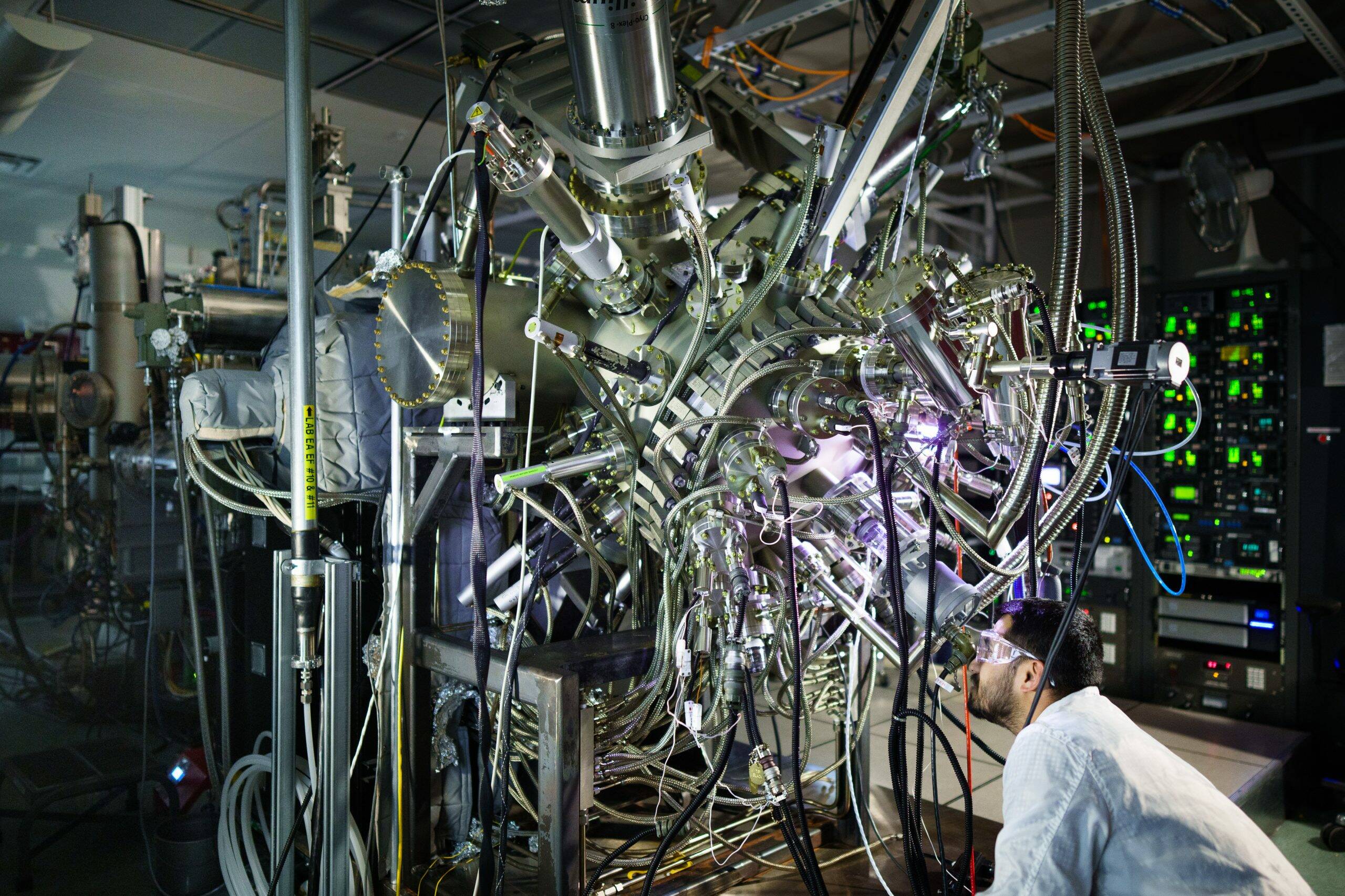


![Apple Rushes Five Planes of iPhones to US Ahead of New Tariffs [Report]](https://www.iclarified.com/images/news/96967/96967/96967-640.jpg)
![Apple Vision Pro 2 Allegedly in Production Ahead of 2025 Launch [Rumor]](https://www.iclarified.com/images/news/96965/96965/96965-640.jpg)



















